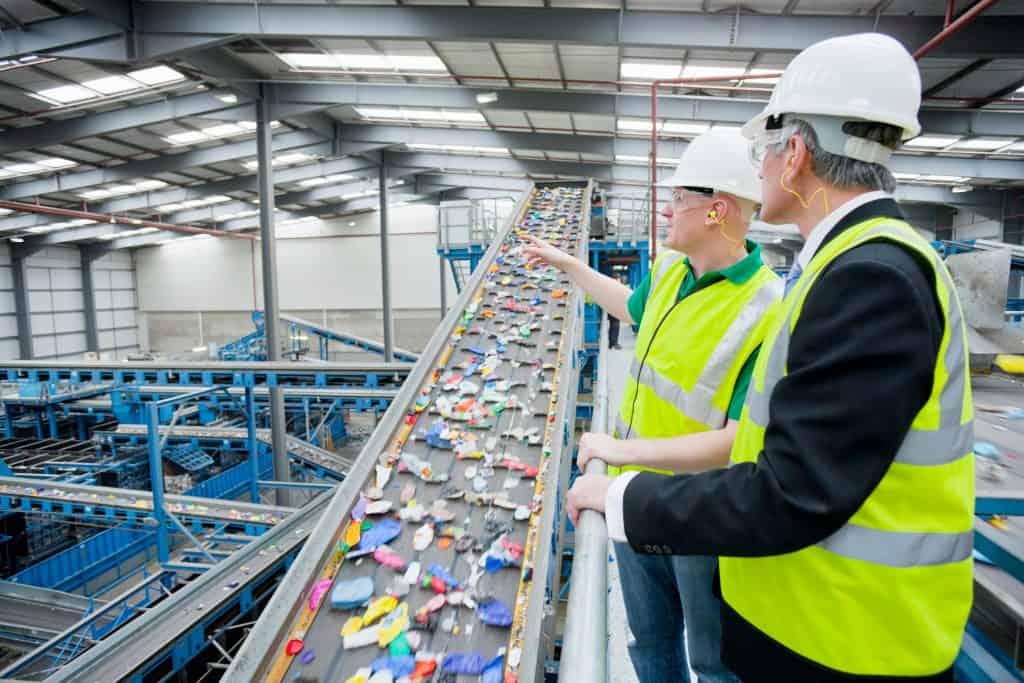Plastics recycling has surfaced as being a crucial solution to mitigate the environmental affect of plastic waste materials. Here is a comprehensive investigation in the dynamics around plastic recycling:
1. Economical Considerations:
Marketplace Desire: The requirement for reprocessed plastics fluctuates based upon variables like commodity costs and consumer preferences.
Recycling Economics: The business economics of plastic recycling be determined by factors like collection fees, processing expenses, and marketplace prices for reprocessed resources.
2. International Tendencies:
Legislation: Numerous countries have carried out restrictions to advertise plastic recycling, including extensive company responsibility (EPR) laws and plastic bans.
Global Industry: The global trade of reused plastics affects recycling trading markets and offer stores worldwide.
3. Technical Advancements:
Automation: Computerized working and handling systems improve the efficiency and scalability of plastic recycling procedures.
Substance Recuperation Establishments (MRFs): MRFs make use of sophisticated equipment to independent recyclable supplies efficiently.
4. Environment Affect Assessment:
Life Cycle Examination: Analyzing the ecological footprint of plastic recycling entails examining the full lifestyle pattern of plastics, from production to convenience.
Carbon dioxide Footprint: Recycling reduces garden greenhouse petrol pollutants in comparison with manufacturing virgin plastics.
5. Rounded Overall economy Campaigns:
Sealed-Loop Techniques: Utilizing shut-loop recycling techniques fosters a rounded economic system where materials are continuously reused and reused.
Product or service Layout: Designing merchandise for recyclability and adding reused materials into developing procedures endorses circularity.
6. General public Understanding and Education:
Outreach Plans: Educative endeavours raise awareness about the significance of plastic recycling and appropriate waste materials management practices.
Behavioral Alter: Inspiring men and women and enterprises to implement recycling habits and assistance environmentally friendly endeavours is vital for driving modify.
7. Sociable Consequences:
Career Creation: The increase of the recycling market provides job opportunities in series, digesting, and manufacturing.
Neighborhood Proposal: Interesting areas in recycling plans encourages a feeling of environmental obligation and combined measures.
8. Difficulties and Possibilities:
Contamination: Pollutants in recycling streams present problems to the top quality and marketability of reused plastics.
Advancement: Making an investment in investigation and improvement can unlock opportunities for technological enhancements and approach upgrades in plastic recycling.
To sum up, plastics recycling is a multifaceted undertaking influenced by economical, engineering, ecological, and sociable variables. By dealing with these dynamics thoroughly, we could improve towards a more environmentally friendly potential with decreased plastic pollution and enhanced source of information preservation.



